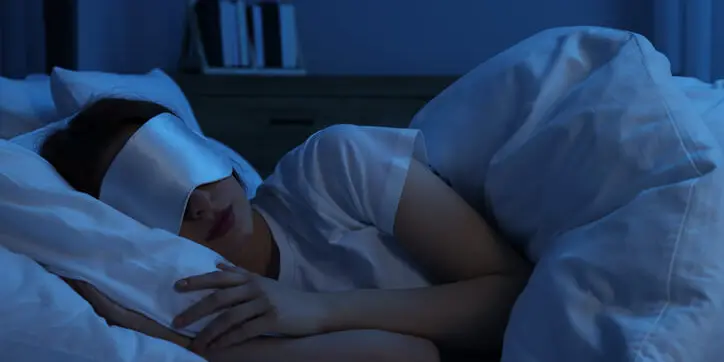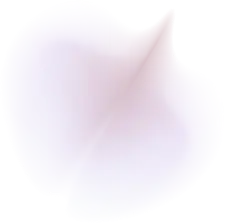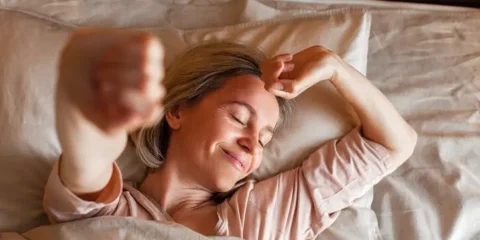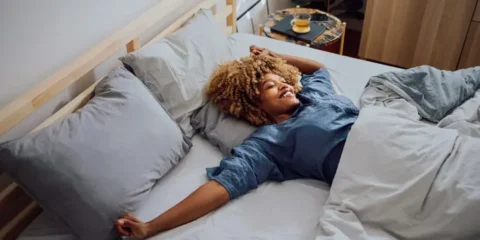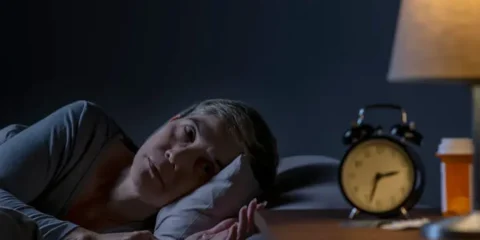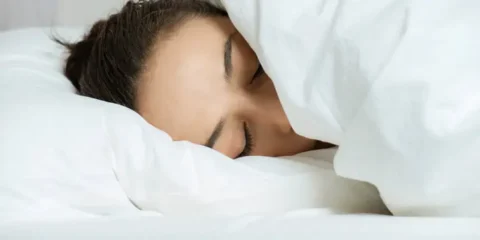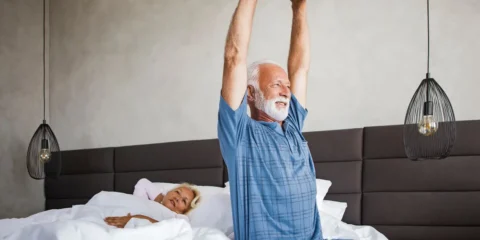At Allure Medical, we know that getting a good night’s sleep is vital for your health and wellbeing. But for many people, sleep disorders like insomnia, sleep apnea, and narcolepsy make that difficult.
This is where ICD-10 codes come in. ICD-10 codes are an international standard used by providers and insurers to classify diseases, symptoms, and medical procedures. Having the right ICD-10 code ensures proper diagnosis and treatment.
What Is ICD-10 and How Does It Relate to Sleep Disorders?
ICD-10 refers to the 10th revision of the International Statistical Classification of Diseases and Related Health Problems, a standardized system used by physicians and medical coders to classify diagnoses.
ICD-10 contains alphanumeric codes up to seven characters long that correspond to specific sleep disorders and symptoms. Using the correct ICD-10 code is crucial for insurance claims processing and evaluating treatment outcomes.
So let’s break down the common ICD-10 codes for various sleep disorders to help you better understand this coding system.
Decoding ICD-10 Terminology for Sleep Apnea
One of the most widely known sleep disorders is sleep apnea.
At Allure Medical, we often use NightLase® therapy to effectively treat obstructive sleep apnea characterized by ICD-10 code G47.33. NightLase® utilizes safe laser technology to tighten tissues in the throat and open up the airway.
But even within this category, there are important ICD-10 distinctions:
What does the term “ICD-10 OSA” mean?
OSA stands for obstructive sleep apnea. The ICD-10 code for obstructive sleep apnea is G47.33. This refers to disrupted breathing during sleep caused by airway blockage.
Which ICD-10 code is used for central sleep apnea?
Central sleep apnea is denoted by the ICD-10 code G47.31. With this type of apnea, the airway is not blocked but the brain fails to signal the muscles to breathe due to instability in the respiratory control center.
And ICD-10 code G47.30 represents unspecified sleep apnea. This is used when testing is inconclusive about the type of apnea.
ICD-10 Codes for General Insomnia and Sleep Disorder Categories
Insomnia is another very common sleep disorder, characterized by persistent struggles with falling or staying asleep. Here are some key ICD-10 codes related to insomnia:
What is the ICD-10 code for insomnia?
F51.01 represents insomnia not due to a substance or known physiological condition. This is considered primary insomnia.
Which ICD-10 code is used for chronic insomnia?
The ICD-10 code for chronic insomnia is F51.02. This applies when symptoms last for at least three months.
What does an unspecified insomnia ICD-10 code mean?
The ICD-10 code F51.00 denotes an unspecified type of insomnia. This may be used initially before determining whether insomnia is acute or chronic.
Some other general sleep disorder categories in ICD-10 include:
- F51.05 for sleep disorder not due to a substance or known physiological condition. This is for primary sleep disorders not classified elsewhere.
- G47.9 for unspecified sleep disorders such as disruptive sleep-wake rhythm issues.
Targeting ICD-10 Codes for Specific Sleep Disorder Diagnoses
In addition to broader sleep disorder category codes, ICD-10 includes specific codes for distinct diagnosed conditions. Being familiar with the following can help provide more precise documentation for insurance claims and metrics:
How can I find the ICD-10 code for sleep apnea?
As mentioned earlier, ICD-10 code G47.33 corresponds to obstructive sleep apnea. This is the most common type of sleep apnea.
What is the ICD-10 code for sleep disordered breathing?
G47.30 covers unspecified sleep apnea, which falls under the umbrella of sleep disordered breathing. Codes G47.31 through G47.33 identify central, obstructive, and other types of apnea.
What is the ICD-10 code for narcolepsy?
Narcolepsy has the ICD-10 code G47.419. This condition involves excessive daytime sleepiness and sudden, uncontrollable episodes of falling asleep during the day.
Which ICD-10 code corresponds to bruxism?
Bruxism, or teeth grinding typically during sleep, has the ICD-10 classification G47.63. This can lead to facial pain, damaged teeth, and jaw disorders.
Capturing Key Sleep Disorder Symptoms with ICD-10 Codes
In some cases, specific sleep disorder diagnoses are pending but certain symptoms have developed. ICD-10 codes also exist to identify common sleep disorder symptoms for documentation:
Which ICD-10 code is used for difficulty in sleeping?
Code F51.09 corresponds to unspecified insomnia, which may reflect difficulty initiating or maintaining sleep.
Which ICD-10 code is used for excessive daytime sleepiness?
Excessive daytime sleepiness can be initially classified as symptom code R40.0 until a formal diagnosis is made.
Capturing Other Relevant Sleep Conditions with ICD-10
Some additional sleep-related conditions have designated ICD-10 codes:
Which ICD-10 code represents hypersomnia?
Idiopathic hypersomnia is classified as G47.11 in ICD-10. This involves excessive daytime sleepiness without defined cause.
What is the ICD-10 code for shift work sleep disorder?
Shift work sleep disorder has the ICD-10 classification G47.26. This corresponds to circadian rhythm disruptions due to irregular work hours.
Which ICD-10 code is used for nocturnal hypoxia?
G47.36 represents nocturnal hypoxemia or oxygen desaturation during sleep, typically associated with sleep apnea.
How Allure Medical Can Help With Your Sleep Disorder Diagnosis and Treatment
If you suspect you may have a sleep disorder, the first step is an accurate ICD-10 code diagnosis from a trusted provider like Allure Medical. This allows proper documentation to obtain insurance authorization for treatment.
At Allure Medical, we offer innovative solutions to treat sleep disorders right in our offices.
Our NightLase® therapy is a non-invasive laser treatment that can reduce snoring and sleep apnea episodes by tightening tissues in the airway. NightLase® requires no special equipment and treatments take only 15 minutes, with no downtime afterwards.
Sleep better tonight knowing Allure Medical has the expertise to accurately diagnose your sleep problems using ICD-10 and provide personalized care like NightLase® for restful nights and vibrant days.
Contact us today to start your journey towards healthy, restorative sleep.


